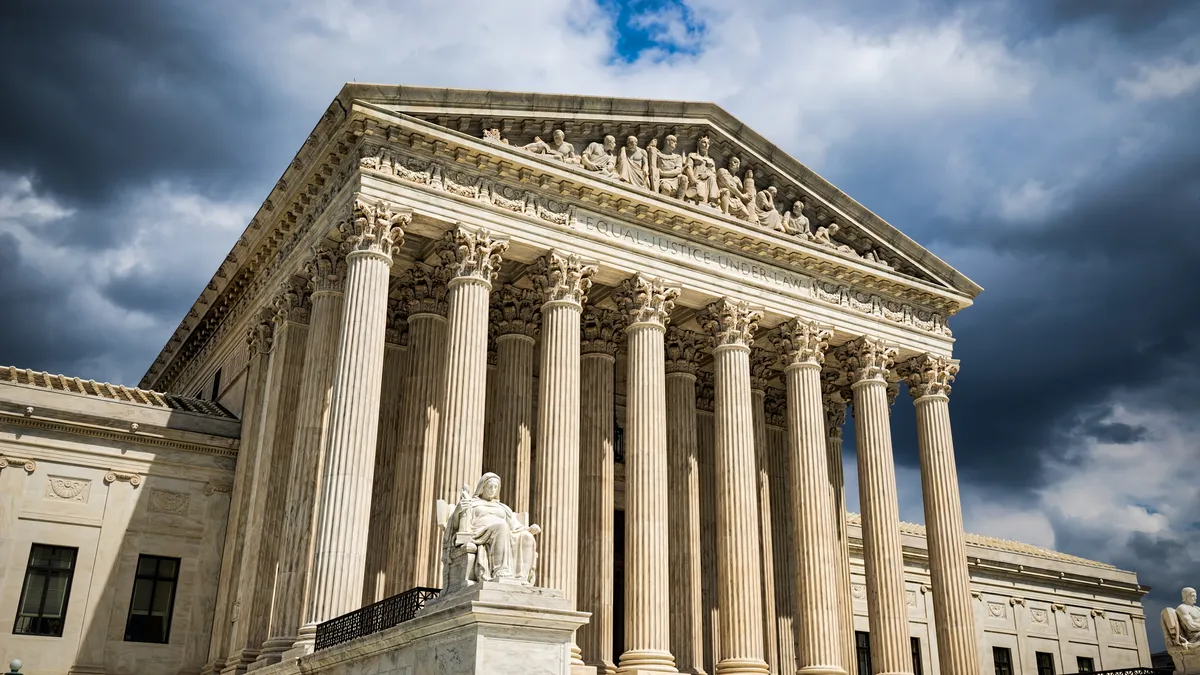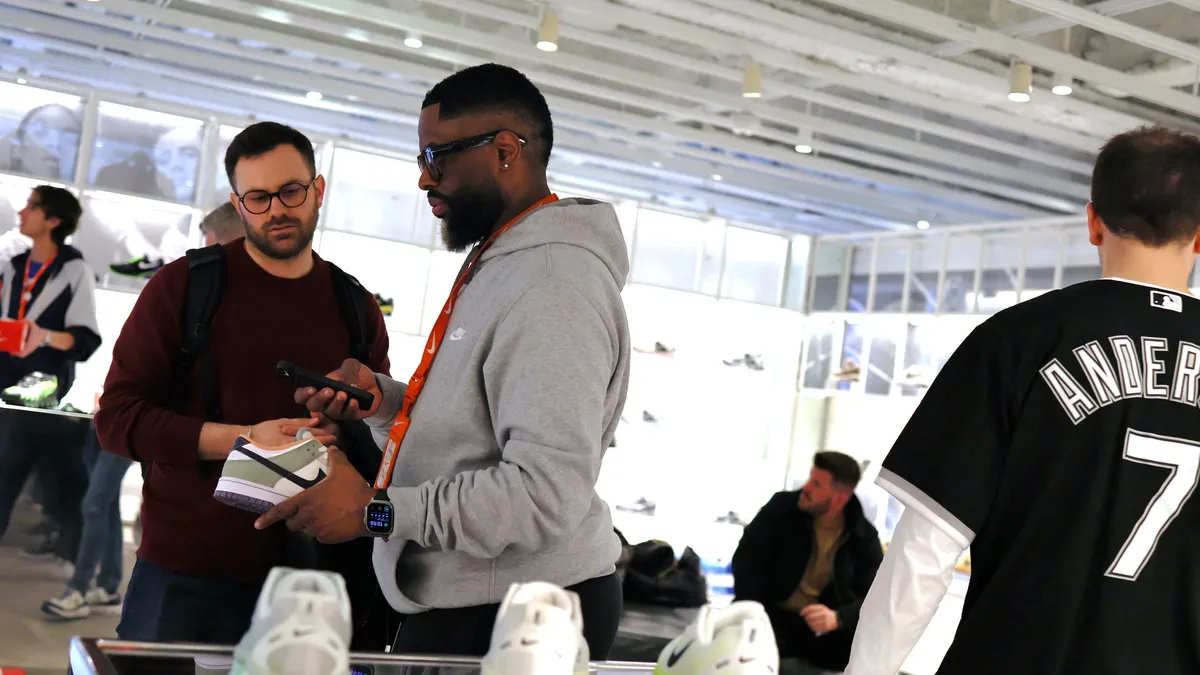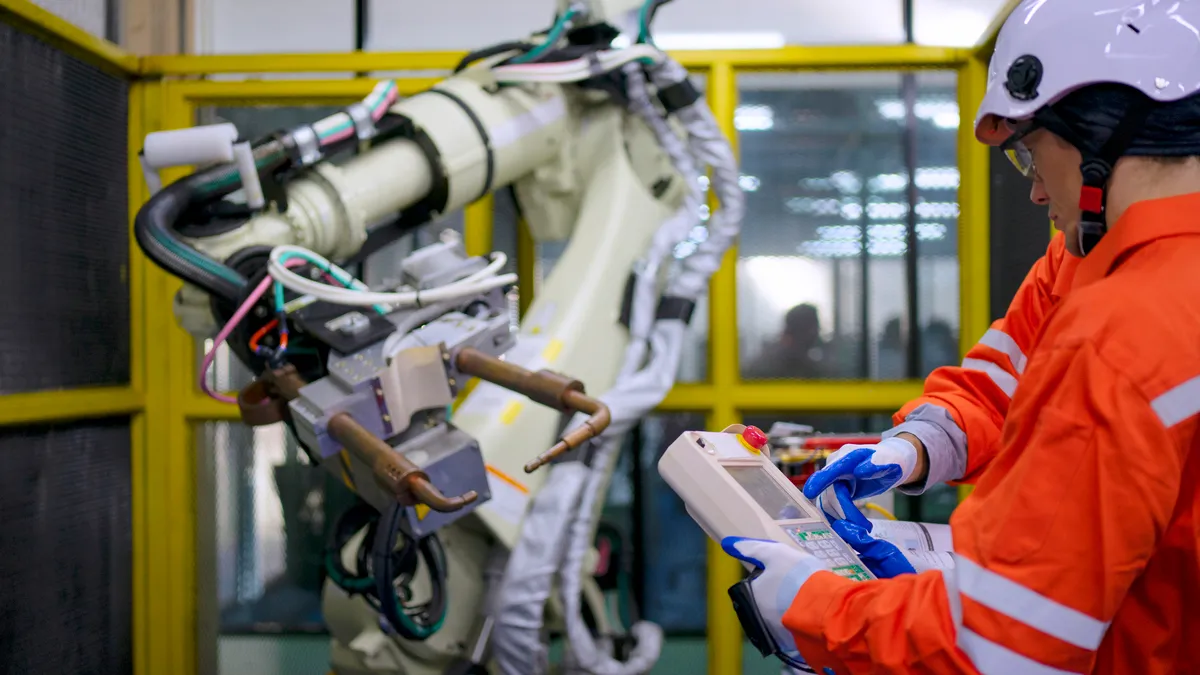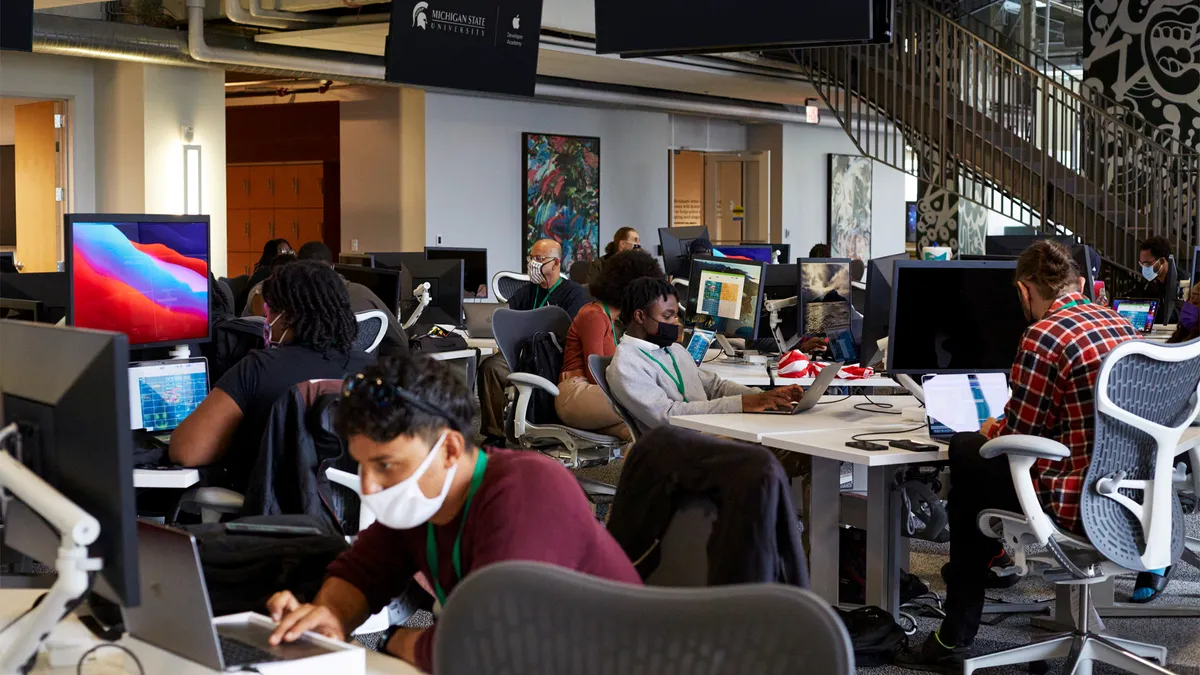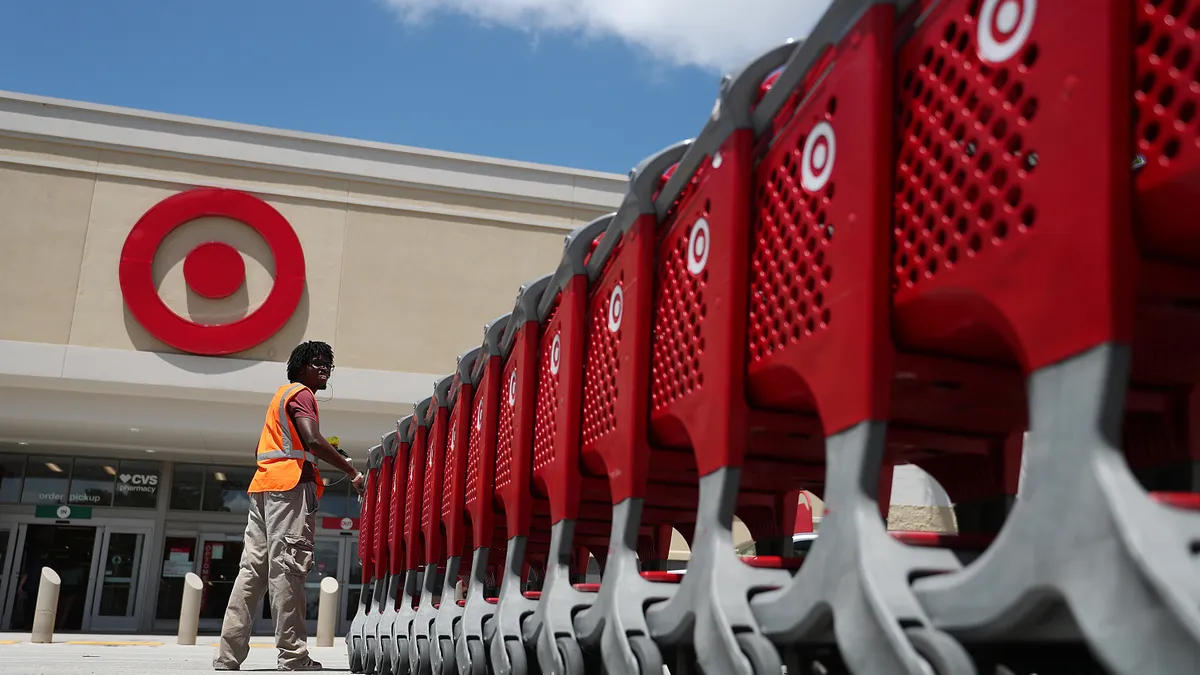The Supreme Court’s Dobbs v. Jackson decision is likely to lead to sprawling logistical and worker retention challenges for CFOs and employers operating across state lines as they vie for talent in an already competitive labor market — adding more uncertainty to company books that will reverberate across the national economy, said Maurice Schweitzer, a professor at the Wharton School for the University of Pennsylvania.
Schweitzer in an interview pointed to such industries as the tech space, where competition for talent is particularly intense as companies in hubs such as Austin, Texas and those in California’s Silicon Valley seek out top talent.
“I think we're going to see intense competition for workers, particularly for states that are going to pass legislation that makes it more difficult for women to access abortion,” he said.
With unemployment nationally at a record low, providing abortion access or covering travel expenses for employees to do so could be a key factor that influences the job decisions of potential workers, he said. With November 2020 Federal Reserve data showing 35% of Americans are unable to pay for a $400 emergency expense, covering travel expenses could also be a significant benefit for those unable to meet the costs of such care out of pocket.
Navigating differing state laws as they emerge could also lead companies into an expensive tug-of-war between employee wants and Republican ire, Schweitzer said. The legal burden could ultimately prove prohibitive for companies, Schweitzer said.
“If it becomes illegal for these companies to provide that type of care, and companies are getting sued, or Lyft or Uber are getting sued for providing transportation once we see the lawsuits escalate, then it may be practically untenable for some of these companies to provide that access,” he said.
Widespread abortion bans may also have an impact on remote work, potentially nudging companies to allow workers to work remote if they are not willing to relocate to states restricting abortion.
Sometimes “being face to face is important. And this may limit that, and I think it’s going to have broad repercussions that clearly wasn't part of the Supreme Court's [decision],” Schweitzer said. “It isn't their purview to figure out the economic implications, but there definitely will be economic costs to this.”
Worker retention challenges and corporate activism
More and more employees are also looking to their companies to be a voice of social change, Schweitzer said, with an increasing number of individuals citing a need to work with firms that share their values. This could have severe effects in the wake of Dobbs, as employees seek out companies and job opportunities which align with their views.
“What is interesting is in this moment of time, we're seeing this rise from corporate activism,” he said. “We're expecting business leaders to be political and social activists.”
Schweitzer pointed to corporate responses such as those by Levi Strauss & Co, which posted a statement to its Unzipped blog on June 24 expressing its commitment to supporting reproductive rights and abortion access.
The statement echoes previous assertions made by the company on the subject in May, where it promised to reimburse employees for travel expenses related to abortion care, according to a report by Reuters.
Levi’s joins a list of firms including Amazon, Condé Nast, Citibank, Disney, Dick’s Sporting Goods, Meta and JPMorgan Chase who have expressed they will reimburse workers for such expenses, according to a roundup by the Hill. Amazon and Dick’s are among those who have indicated they will pay up to $4,000 annually for such expenses.
Strong evidence shows workers in up-and-coming generations like Gen Z feel strongly about whether they and their employers agree ideologically: A November 2021 EY survey showed two-thirds or 63% of this generation feel it is very or extremely important that they work with a company that shares their values. This ranked significantly above the 32% of Gen Z workers who cited it was important for them to make a lot of money in their careers, indicating a strong sense of shared value is key for companies that want to capture and retain these workers.
Two-thirds of Gen Z identify as pro-choice, a June 27 survey by Cosmopolitan magazine found, a figure that is 20% higher than the national average. A June 2 poll by Gallup found 55% of Americans overall identified as pro-choice.
Dobbs to lead to widespread economic consequences
The Dobbs decision, which overturns federal protections for access to abortion and reproductive rights granted by the landmark 1973 case Roe v. Wade, will also have profoundly negative economic consequences broadly for women, individuals seeking abortions and their households and families as well as for the U.S. economy as a whole, a number of economists have warned.
Denying people seeking abortions access to that care not only leads to negative economic outcomes on an individual level, but also financially impacts their households and families — making it a macroeconomic as well as a healthcare issue, said Asha Banerjee, economic analyst for the Economic Policy Institute.
“The way I phrase this when people talk about how this impacts the economy more broadly, is that women are 50% of the workforce, over half the population, and so what is bad for women economically is bad for the economy as a whole,” she said.
While access to abortion is typically framed as a personal issue in the public narrative, it is also therefore critical to think about it as an economic issue, Banerjee said.
“Abortion [access] is definitely connected to jobs…and the larger issues of economic security, economic independence, [and] upward mobility,” Banerjee said. “So I think at a broad level, it's really important to note that abortion access is deeply connected to economic security and when we see a decision like the Dobbs decision, which takes away abortion access from our country, we are absolutely going to see some pretty severe economic consequences.”
A flood of economists have echoed the crucial importance of abortion access for women’s financial security in the aftermath of the decision, and over 150 economists added their name to a separate amicus brief with the court as part of Dobbs detailing its importance in the case. The brief points to decades of economic research that underscores the connection between access to abortion and to the working opportunities available to women.
“Studies also demonstrate that for women experiencing unintended pregnancies, access to abortion has increased the probability that they attend college and enter professional occupations,” the brief reads. “Mississippi and its amici have entirely ignored this robust body of work — studies that can provide the Court with scientifically rigorous evidence of the impact of Roe over the last 50 years. Similarly, economists can demonstrate that social, cultural, and legal shifts in the thirty years since Casey have not erased the need for abortion access in our society.”
The ban also disproportionally affects low-income individuals and members of minorities, Banerjee said — representing an additional financial blow to these individuals.
“The abortion bans are falling in the states where it's already as economically difficult as possible to carry out a pregnancy and support yourself, let alone a child,” she said.



